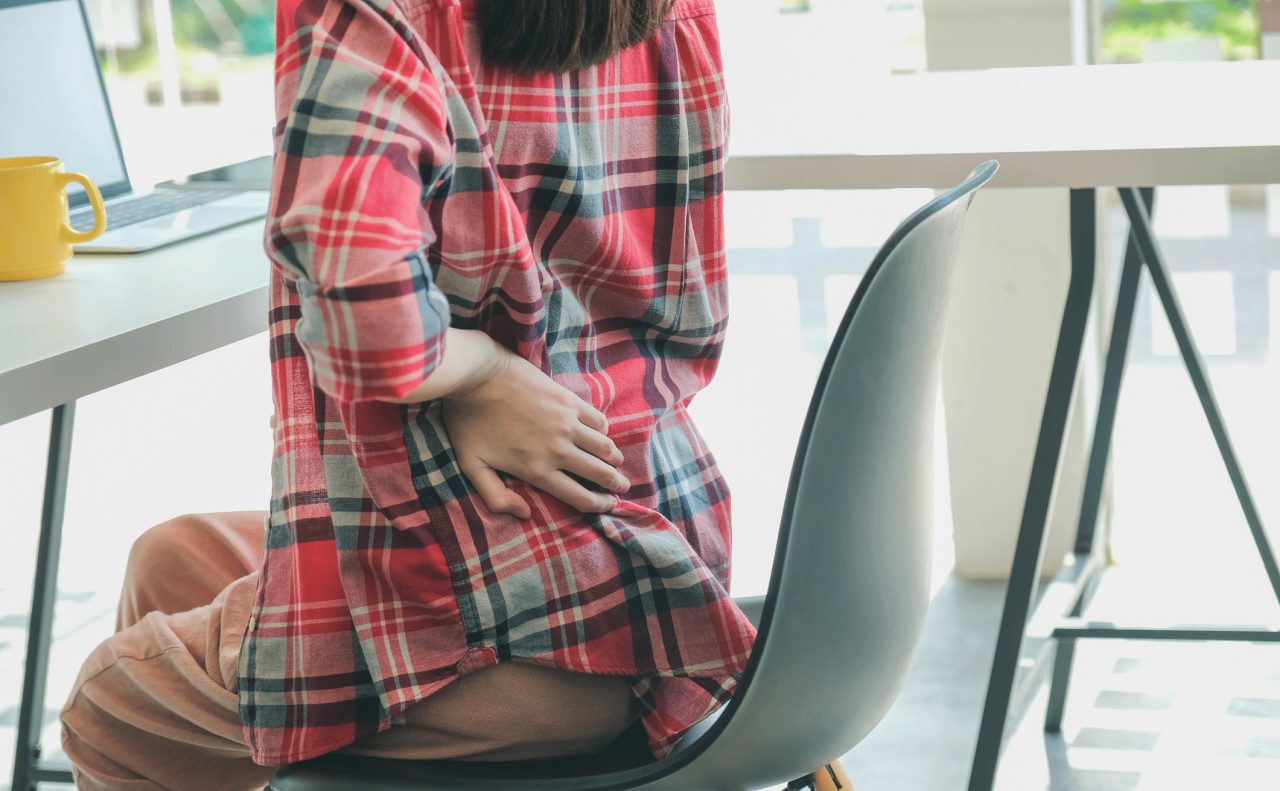Do-It Yourself Acupressure for Low Back Pain

Just about everybody gets low back pain at some point. Do-it-yourself acupressure may relieve both pain and fatigue. Here's what you should know.
Most people will get low back pain at some point in their lives, and it isn’t fun. It can dominate your thoughts, wake you up at night, and damage your quality of life. Even if you sleep, you may be tired or depressed during the day.
Low back pain will make you feel old. But people can get back pain in their 20s and 30s from an exercise or injury, sitting too long, stooping over laptops over smartphones, or picking up children. Arthritis can show up by your 40s.
Until the reaction to the opioid crisis, it wasn’t hard to get a painkiller prescription for chronic low back pain. But those medications tend to help for only a short while, and they have side effects, including addiction. They also won’t banish all pain: Opioids seem to cut pain on average by about 30 percent.
YOU MIGHT ALSO LIKE: What Is Sciatica?
You can often manage the problem with exercise and other low-tech methods. In fact, one study found that do-it-yourself acupressure, based on traditional Chinese acupuncture points, cuts low back pain.
Participants received training in one of two kinds of acupressure — stimulating and relaxing — and were asked to perform it for a half hour a day for six weeks. The relaxing acupressure group used a lighter touch, thought to relieve insomnia along with pain. The stimulating acupressure group was instructed in the same movements but trained to press harder. A third group, the comparison point, didn’t do acupressure.
In the study, the stimulating acupressure reported less fatigue, but the relaxing acupressure didn’t improve sleep. But both acupressure groups experienced less pain than the controls, by about a third — as you might expect from taking painkillers.
The study’s acupressure plan
- Put your hands on your waist, with your thumbs facing back, landing about halfway between your spine and sides. Apply varying pressure with your thumbs for two minutes.
- Rub vigorously on your lower back with your palms, creating a little bit of heat.
- Rub the fold in the back of your knee with your thumb, for two minutes on each side.
- Hug yourself. You’ll often have sore spots along the sides of your ribs (in women near the bra line). Press into the sore points.
You can repeat the moves several times.
Strengthening the core muscles around your spine also helps relieve pain. Try a Pilates mat class to learn exercises similar to what you a physical therapist might give you. You can see basic exercises for low back pain here. A good teacher will help you adjust the exercises for your body and avoid strain. If you’re worried, you might try a one-on-one session.
You might prefer a yoga class with a teacher that helps you. Feldenkrais, another set of movements, is especially gentle, and teaches you to change bad habits as you move through your day.
When back pain requires medical attention
Standard low back pain is a dull ache. A sharp pain might call for a doctor’s visit, as it could indicate a torn muscle or ligament or a problem in an internal organ that should be checked out.
If your pain moves to your glutes or legs, you could have a compressed nerve, also called a pinched nerve. You may recover with rest but might still see a doctor, if only for a referral to physical therapy.
If your legs are suddenly weak, you may have a compressed nerve, but there is the possibility of stroke. If you lose control of your bladder or bowel, you may have a spine infection or serious nerve compression that you need to investigate. Numbness or pins and needles in your groin or glutes — called saddle anesthesia — can be a symptom of a serious issue, too.
Gallstones and pancreatitis can cause low back pains. So can uterine fibroids and endometriosis. If you have other reasons to suspect those conditions, discuss talk to your doctor and mention your low back pain as a possible symptom.
Updated:
June 20, 2023
Reviewed By:
Janet O’Dell, RN